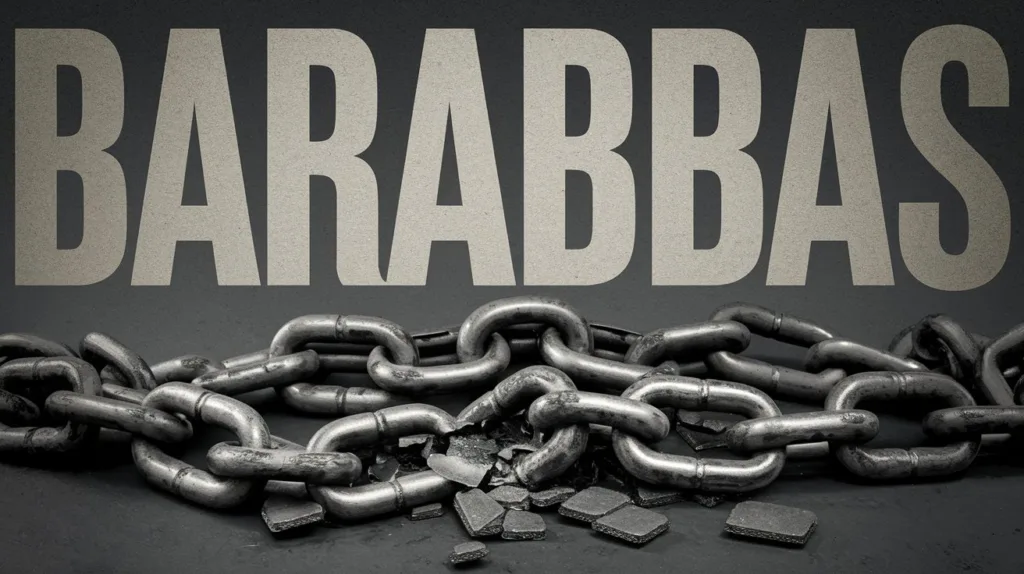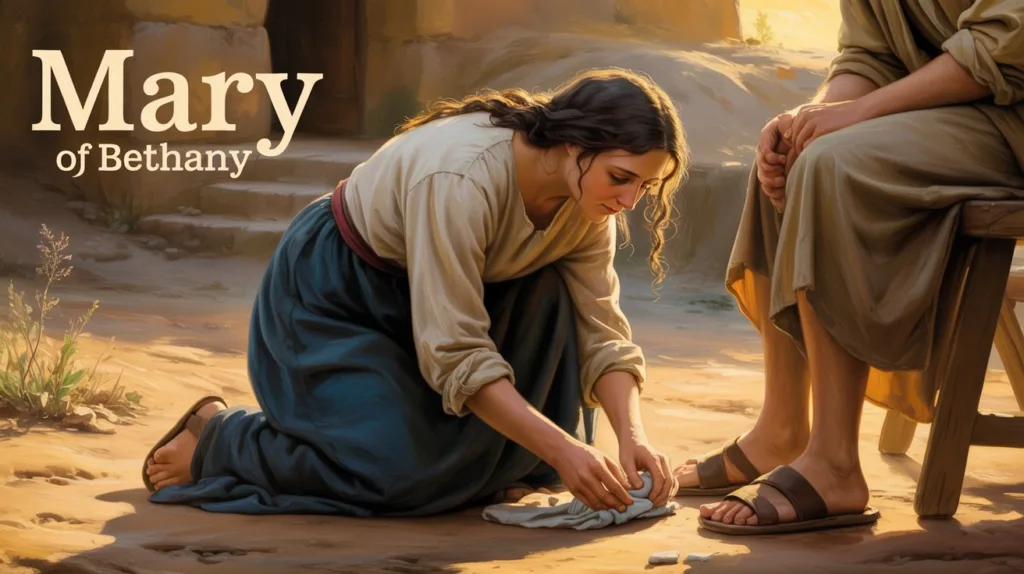King Josiah of Judah is remembered for initiating one of the most thorough and God-honoring reform movements in Israel’s history. His reign marked a turning back to the law of God after decades of idolatry and spiritual decline under previous kings.
Josiah began seeking the Lord while still young. By the age of twenty, he began purging Judah and Jerusalem of high places, carved images, and altars to Baal and other false gods (2 Chronicles 34:3–5). He took his reform beyond Judah, even destroying pagan altars in Israelite territories.
A turning point came during the restoration of the temple, when the Book of the Law was discovered by Hilkiah the priest. 2 Kings 22:10–11 recounts:
“Then Shaphan the scribe showed the king, saying, ‘Hilkiah the priest has given me a book.’… Now it happened, when the king heard the words of the Book of the Law, that he tore his clothes.”
Josiah was deeply convicted by how far the nation had strayed from God’s commandments. He sought the Lord through the prophetess Huldah, who confirmed God’s judgment would still come but not during Josiah’s lifetime because of his humility and repentance (2 Kings 22:18–20).
Josiah then renewed the covenant with the Lord and led a national revival. 2 Kings 23 details his sweeping reforms:
He removed all idols and pagan altars from the land.
He put an end to the idolatrous priests and practitioners of witchcraft.
He desecrated Topheth in the Valley of Hinnom to stop child sacrifice.
He reinstituted the celebration of the Passover, which had been neglected.
2 Kings 23:25 concludes:
“Now before him there was no king like him, who turned to the Lord with all his heart… according to all the Law of Moses; nor after him did any arise like him.”
Josiah’s reforms show that true revival is rooted in the Word of God, repentance, and the destruction of false worship. His leadership demons/”>demonstrates what it means to love the Lord with all one’s heart, soul, and might.





 Get the book that teaches you how to evangelize and disarm doctrines from every single major cult group today.
Get the book that teaches you how to evangelize and disarm doctrines from every single major cult group today.